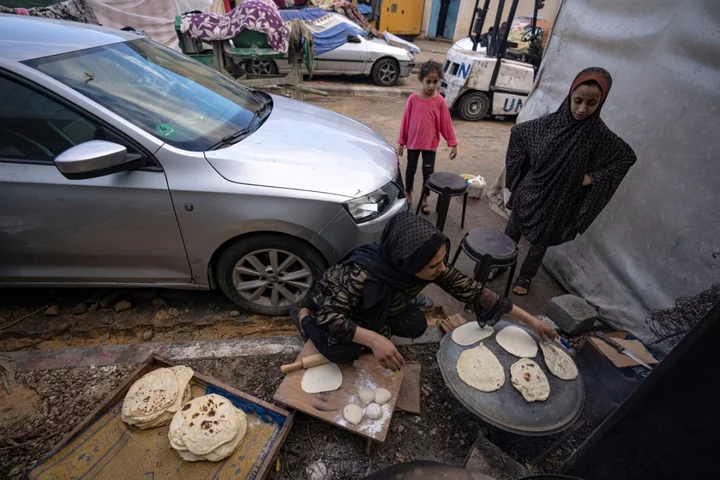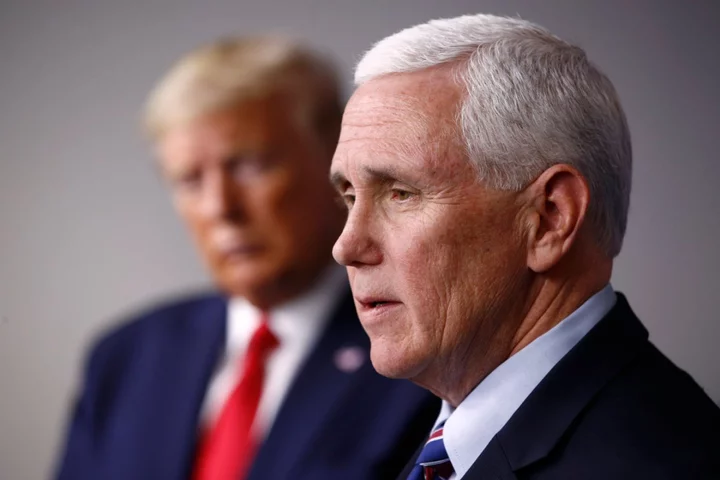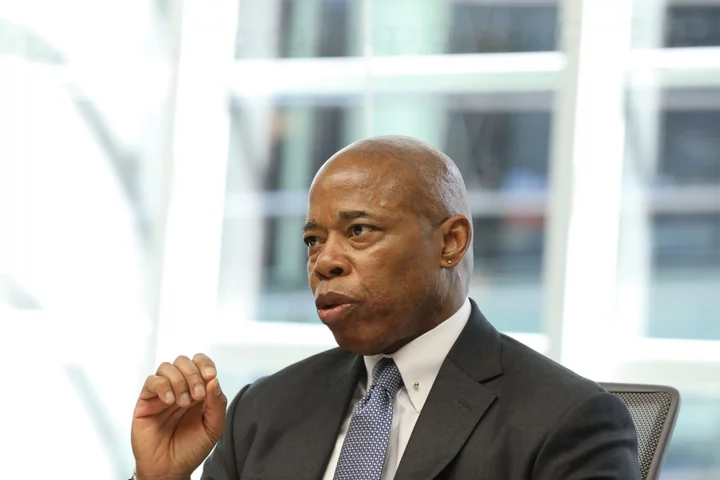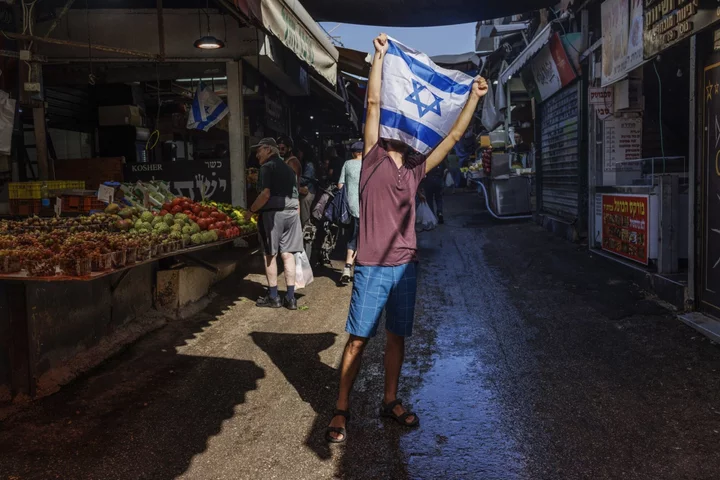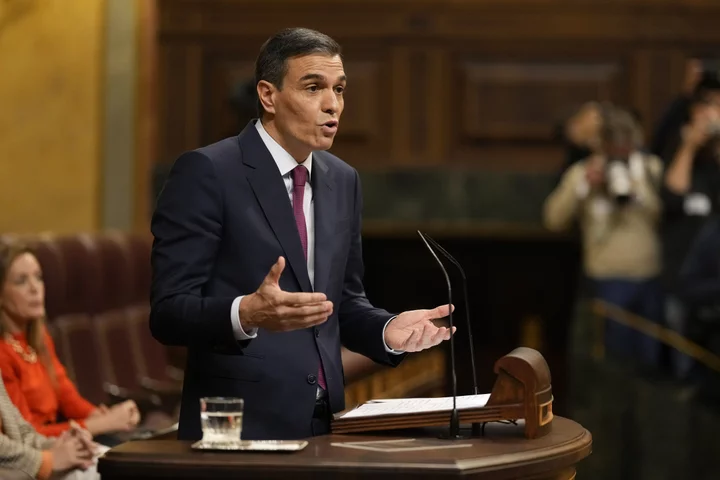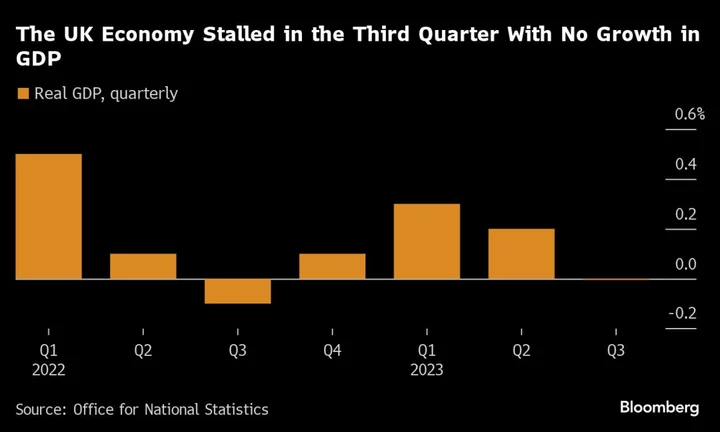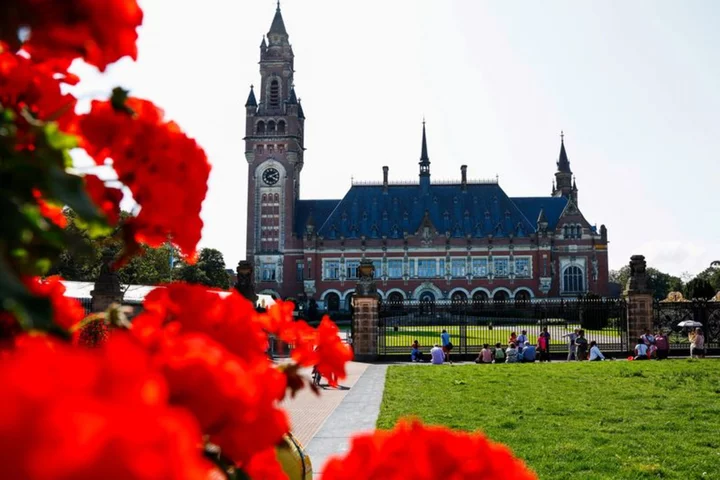After four failed attempts, the U.N. Security Council scheduled a vote Wednesday on a resolution which would call for “urgent and extended humanitarian pauses and corridors throughout the Gaza Strip" in the Israel-Hamas war.
The final draft watered down language from a “demand” to a “call.” It also watered down a demand for “the immediate and unconditional release of all hostages held by Hamas and other groups” to a call.
Malta, which sponsored the resolution, called for the vote after lengthy negotiations. Several diplomats said they expect it to be adopted. That requires nine “yes” votes from the 15-member council and no veto by any of its five permanent members: the U.S., Russia, China, Britain and France.
The draft resolution makes no mention of a cease-fire.
It also doesn’t refer to Hamas’ surprise attack on Israel on Oct. 7 that killed around 1,200 people and took some 240 others hostage. Nor does it cite Israel’s retaliatory airstrikes and ground offensive in Hamas-ruled Gaza that Gaza's health ministry says has killed more than 11,000 Palestinians, two-thirds of them women and children.
The draft asks that “all parties comply with their obligations under international law, notably with regard to the protection of civilians, especially children.”
U.N. Security Council resolutions are legally binding, but in practice many parties choose to ignore the council’s requests for action.
Richard Gowan, U.N. director for the International Crisis Group, said the Security Council has called for cease-fires in wars from the Balkans to Syria “with little or no impact.”
The Security Council, which has the responsibility for maintaining international peace and security, has been paralyzed since the war began by its internal divisions. This is especially the case between China and Russia, which want an immediate cease-fire, and the United States, which has called for humanitarian pauses but objects to any mention of a cease-fire which its close ally Israel strongly opposes.
The resolution calls for humanitarian pauses and corridors throughout the Gaza Strip for a “sufficient number of days” for unhindered access by the U.N., Red Cross and other aid groups to get water, electricity, fuel, food and medical supplies to all those in need. It says the pauses also should allow for repair of essential infrastructure and enable urgent rescue and recovery efforts.
In the four previous tries for Security Council approval, a Brazil-drafted resolution was vetoed by the United States, a U.S.-drafted resolution was vetoed by Russia and China and two Russian-drafted resolutions failed to get the minimum “yes” votes.
After the fourth failure, frustrated Arab nations turned to the 193-member General Assembly and succeeded in getting wide approval for a resolution calling for a “humanitarian truce” in Gaza meant to lead to a cessation of hostilities between Israel and Hamas.
It was the first United Nations response to the war. But unlike Security Council resolutions, General Assembly resolutions are not legally binding, though they are a barometer of world opinion.
The vote was 120-14 with 45 abstentions. Of the five veto-holding Security Council members, Russia, China and France voted in favor, the United States voted against and Britain abstained.
The General Assembly resolution was adopted Oct. 27, and Israel agreed Nov. 9 to four-hour pauses. But only very limited aid has been delivered to Gaza through the Rafah crossing from Egypt, and a humanitarian catastrophe has been brewing.
The Crisis Group's Gowan said U.S. opposition to a cease-fire “is a gift that keeps on giving for Russia diplomatically.” He said that while many diplomats think Russia is demanding a cease-fire “for largely cynical reasons to make the Americans look bad,” Moscow’s position “is closer to the mainstream of council thinking, and the U.S. looks isolated.”
“A U.N. cease-fire call would embarrass but not really constrain the Israelis,” he told the AP. “But the U.S. clearly feels that even such a symbolic move is too much of a political risk.”
Read MoreTourists find the Las Vegas Strip remade for its turn hosting Formula One
Ohio commission approves fracking in state parks and wildlife areas despite fraud investigation
The UK government wants to send migrants to Rwanda. Here's why judges say it's unlawful
Vatican plans to gradually replace car fleet with electric vehicles in deal with VW
Discrimination charge filed against Michigan salon after owner's comments on gender identity
Advocates scramble to aid homeless migrant families after Massachusetts caps emergency shelter slots

